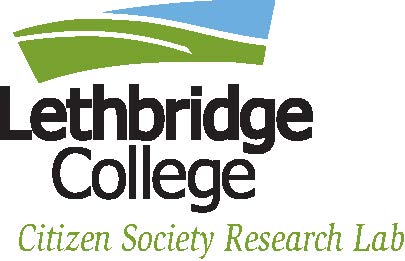
Advance Care Planning – Albertans’ Awareness and Preparation
This report analyzes Albertans’ opinions concerning seven advance care planning awareness and preparation items.
Levels of awareness and preparation are relatively low and where differences between sub-groups exist, they are mostly based on anticipated differences between age groups, education levels, and gender differences.
Awareness and preparedness was measured by asking respondents if they had ever heard of advance care planning (ACP), initially without defining ACP and then with a definition; if they had ever discussed ACP with family or with a healthcare professional; if they have a written ACP; if they have a personal directive; and if they had ever heard the term goals of care designations. Respondents were also asked to rate their personal health using a scale that ranged from zero (worst imaginable health) to 100 (best imaginable health).
- When asked to evaluate their health by using a scale that ranges from zero to 100, Albertans indicated they believe they are in good health with a mean rating of 79.0.
- Nearly one-third of Albertans (33.1%) have heard of advance care planning, prior to being provided a definition.
- When respondents were provided a definition that likened the term to a “living will,” the vast majority of Albertans (81.9%) stated they were familiar with the term.
- A majority of Albertans (59.2%) have discussed their own advance care planning with a family member or close friend.
- However, very few (19.7%) have also had those discussions with a healthcare professional.
- Nearly one-third of Albertans (32.2%) have a written advance care plan.
- Nearly two of every five Albertans (39.4%) have a written personal directive.
- Almost one in five Albertans (18.9%) have heard the medical term “goals of care designations,” nearly double the 11.1% who had heard the term in 2013.
Download for full summary data
Downloads
Advance Care Awareness Fall 2017.pdf